Revue de presse, 19 février
USA
"Quand le milliardaire américain Donald Trump riposte durement au pape François, ce n'est pas forcément un mauvais calcul politique : en Caroline du Sud, où la primaire républicaine se tient samedi, les deux tiers des habitants sont protestants" — Trump fait marche arrière : "Je n'aime pas me battre avec le pape" (AFP, Le Vif)
"Le milliardaire américain a jugé 'honteux' les propos du Souverain pontife qui, s'exprimant sur les positions anti-immigrés du candidat, avait déclaré un peu plus tôt ce jeudi : 'Une personne qui veut construire des murs et non des ponts n'est pas chrétienne'" — Donald Trump «pas chrétien» : la réponse du candidat républicain au Pape (Clémentine Maligorne, Le Figaro)
Revue de presse, 18 février
Belgique
"Le gouvernement fédéral a débloqué 3,3 millions d'euros afin de financer le salaire de 80 nouveaux imams, rapporte De Standaard jeudi" — Davantage de mosquées et d'imams contre la radicalisation (Belga, La Libre)
"Selon un dernier rapport établi le 28 janvier dernier, 450 personnes sont reprises dans la base de données, contre 420 en octobre, rapportent les journaux de Sudpresse mercredi. Il s'agit majoritairement de Bruxellois et de Flamands: 197 identifications pour la première région et 195 pour la seconde" — 450 Belges radicalisés sont fichés par l'Ocam (Belga, La Libre)
Revue de presse, 17 février
Voyage papal au Mexique
"Le pape François se rend ce mercredi 17 février à la frontière avec le Texas, à la rencontre des travailleurs, des migrants et des détenus. Les évêques américains financent des programmes visant à réduire les injustices dans cette agglomération urbaine à cheval entre deux pays aux réalités différentes" — À Ciudad Juarez, l'Église lutte contre les inégalités (Nancy Caouette, La Croix)
"Le pape se rend aujourd'hui dans l'une des villes les plus violentes du monde, d'où des milliers de migrants regardent vers l'Amérique voisine" — François dans l'enfer de Ciudad Juárez pour sauver les migrants (Jérôme Cordelier, Le Point)
Revue de presse, 16 février
Vatican
"Les lettres ne portent pas les preuves d'une relation amoureuse et confirment une amitié que l'on connaissait déjà à Jean Paul II, puisque Anna-Teresa Tymieniecka apparaît dans plusieurs de ses biographies" — Le courrier du cœur du pape Jean Paul II (Blogs-Le Monde)
"A BBC documentary airing tonight will detail the full extent of all the scandals revealed in Pope John Paul II's secret letters – ie, none whatsoever. So what do the men in the Vatican get up to in their spare time?" — Private lives of the popes: from flying helicopters to dancing the tango (Stephen Moss, The Guardian)
Revue de presse, 15 février
Voyage papal au Mexique
"À l'occasion du déplacement du pape François au Mexique du 12 au 18 février 2016, la Croix revient sur les précédents voyages des papes dans ce pays. Le Mexique a reçu à cinq reprises le pape Jean-Paul II et une fois le pape Benoît XVI" — Les voyages des papes au Mexique (La Croix)
"Après sa rencontre avec le patriarche Cyrille à La Havane, dans l'après-midi du vendredi 12 février, le pape François est arrivé au Mexique. Retour sur les temps forts qui ont marqué les trois premiers jours de son voyage apostolique" — François au Mexique : premiers temps forts (Anna Latron avec Apic, La Vie)
Revue de presse hebdo, 14 février
Mexique
Lors de son voyage au Mexique, le pape François ira vénérer, samedi 13 février, dans son sanctuaire « la mère et la patronne de tout le continent américain ». Quelle est l’origine de ce sanctuaire ? — Notre-Dame de Guadalupe, l’âme du Mexique (Claire Lesegretain, La Croix)
Lors de son voyage au Mexique, le Souverain pontife s'est recueilli devant l'emblématique figure mariale. Une manière pour le pape François de rappeller qu'il refuse de séparer prière et action sociale — L'énigme de la longue prière silencieuse du pape devant la Vierge de Guadalupe (Jean-Marie Guénois, Le Figaro)
Revue de presse, 12 février
Eglise orthodoxe - Eglise catholique
"Sans précédent dans l'histoire des relations entre l'Eglise catholique et l'Eglise orthodoxe russe le contact direct qui aura lieu vendredi le 12 février à l'aéroport de La Havane entre le Pape François et le patriarche Cyril n'est devenu possible que grâce à un entrelacement quasi fatal des facteurs de la politique ecclésiastique et de la politique internationale" — Une nouvelle révolution cubaine (Boris Toumanov et Bosco d'Otreppe, La Libre)
"Premier patriarche de Moscou à rencontrer le pape vendredi 12 février à Cuba, Kirill fait partie d'une génération d'élites formées pour restaurer l'Église orthodoxe en Russie" — Kirill, « chef d'État » à la tête de l'Église orthodoxe russe (Samuel Lieven, La Croix)
Revue de presse, 11 février
Shoah
"Deux anciens gardes d'Auschwitz vont comparaître pour leur implication dans l'extermination des Juifs pendant la Seconde Guerre Mondiale" — Deux ex-gardiens d'Auschwitz devant la justice allemande (Valentine Arama, Le Figaro)
"Née sans crier dans un baraquement d'Auschwitz, Angela Orosz a survécu par miracle. Soixante et onze ans plus tard, elle s'apprête à témoigner devant la justice allemande pour 'maintenir en vie' la mémoire des victimes de la Shoah" — Née à Auschwitz, Angela Orosz veut porter en justice la "mémoire" des victimes (AFP, La Libre)
Revue de presse, 10 février
Etat islamique
"L'hebdomadaire flamand 'Knack' rapporte qu'un Anversois a été intercepté alors qu'il avait quitté la Libye, pays qu'il avait rejoint pour remplir les rangs de l'Etat islamique" — Un djihadiste belge parti en Libye arrêté (AFP, La Libre)
"Le groupe Etat islamique est devenu la principale menace terroriste mondiale, avec une 'capacité croissante' à lancer des attaques sur toute la planète, a estimé mardi le coordonnateur du renseignement américain, James Clapper" — Daesh est la «principale menace terroriste, avec des capacités croissantes» (AFP, Le Soir)
Revue de presse, 9 février
Eglise chrétienne
"L'association Portes Ouvertes a publié son Index mondial de persécution des chrétiens. 'Année du débordement', 2015 a été particulièrement sombre pour les chrétiens au Moyen-Orient, en Afrique et en Asie" — Les dix pays où les chrétiens sont en grand danger (Louise Gamichon, Le Monde des Religions)
"Kerkleiders uit het Midden-Oosten vragen steun voor de christenen uit de regio, die nooit eerder zo sterk werden bedreigd in hun voortbestaan" — Oosterse kerkleiders veroordelen terreur (Kerknet)
Plus...
Revue de presse, 8 février
Islamophobie
"De la Suède à l'Italie en passant par l'Allemagne, la vague migratoire massive et la menace islamiste font progresser les partis populistes" — L'Europe face à la montée des partis anti-migrants (Jean-Jacques Mevel, Le Figaro)
"'Contre l'islamisation de l'Europe', des groupes d'extrême droite ont appelé à manifester conjointement, samedi 6 février, dans plusieurs villes de quatorze pays d'Europe, à l'appel du mouvement allemand Pegida" — Pour ou contre les islamophobes de Pegida, des milliers de personnes ont défilé en Europe (Le Monde)
Revue de presse hebdo, 6 février
Pakistan
La loi sur le blasphème en vigueur au Pakistan, qui punit de mort ou de réclusion à perpétuité l’outrage à l’islam, pourrait être modifiée. Mgr Sebastian Shaw, archevêque de Lahore, a confirmé le 4 février que le président pakistanais s’était déjà engagé au changement d’une loi régulièrement utilisée pour de banals règlements de compte — Le Pakistan pourrait modifier sa loi sur le blasphème (Marie Malzac, La Croix)
Cuba
Grâce à l’entremise de Raul Castro, une rencontre inédite aura lieu entre le pape François et le patriarche orthodoxe Kirill, le 12 février — A Cuba, le pape et le chef de l'Eglise russe feront «l'histoire» (Bernadette Sauvaget, Libération)
7600 spectateurs pour « La Religion dans la Cité » !
Nous ne pouvions pas ne plus vous en parler : le festival bruxellois « La Religion dans la Cité », dont nous sommes les initiateurs et qui a été organisé à Flagey en collaboration avec le journal Le Soir et la RTBF, a été une extraordinaire réussite, dépassant largement nos plus folles espérances : plus de 7600 personnes se sont en effet pressées aux huit grands débats, aux douze « Face au public », à la grande conférence et aux deux spectacles qui leur ont été proposés les 29 et 30 janvier. C’est une magnifique récompense pour le travail que nous menons depuis février 2012.
Revue de presse, 5 février
Mali
"Plus de trois ans après la destruction des mausolées de Tombouctou par les jihadistes, à coups de pioche, de houe et de burin, la cité légendaire du nord-ouest du Mali a repris jeudi possession de ses sanctuaires reconstruits" — Défigurée par les jihadistes, Tombouctou retrouve petit à petit son visage (AFP, RTBF Info)
"Des présumés jihadistes ont attaqué vendredi un camp de la Mission de l'ONU au Mali (Minusma) à Tombouctou, dans le nord du pays, blessant au moins un Casque bleu nigérien, a appris l'AFP de sources militaires et de sécurité" — Mali : attaque d'une base des Nations Unies à Tombouctou par des présumés djihadistes (AFP, La Libre)





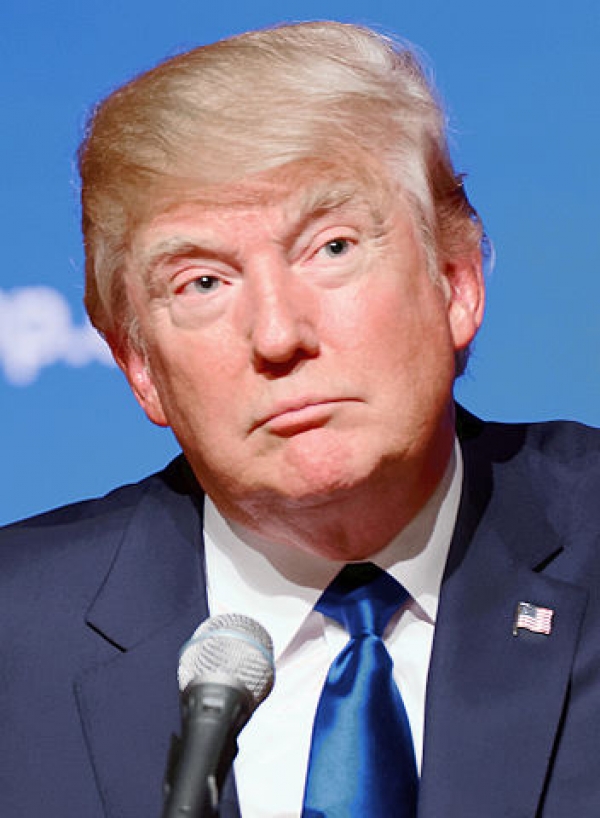
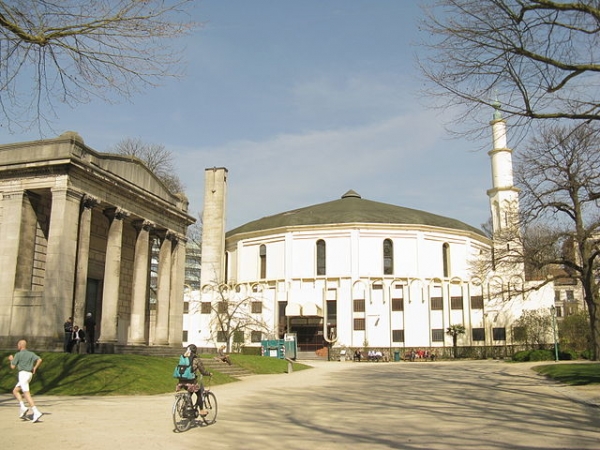
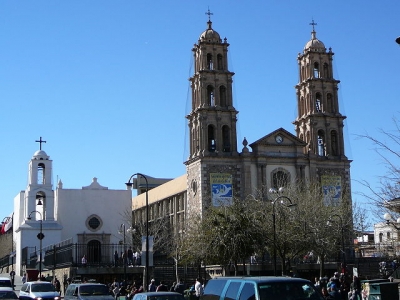
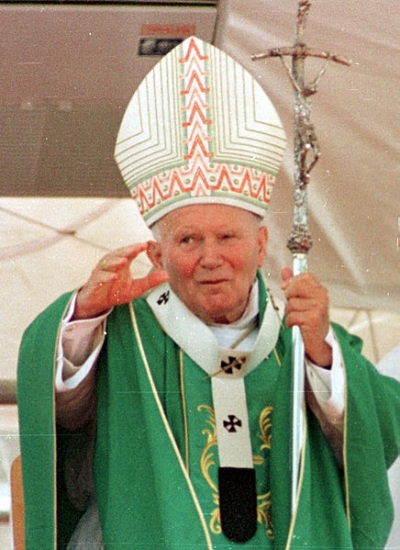
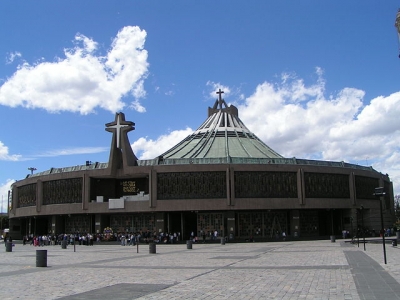
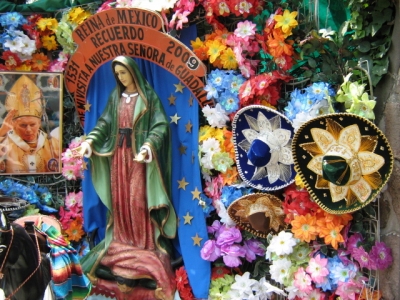
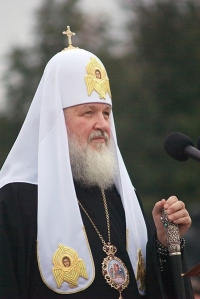
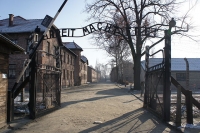
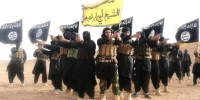
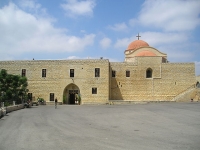

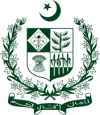

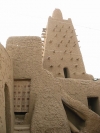
 MangoGem
MangoGem